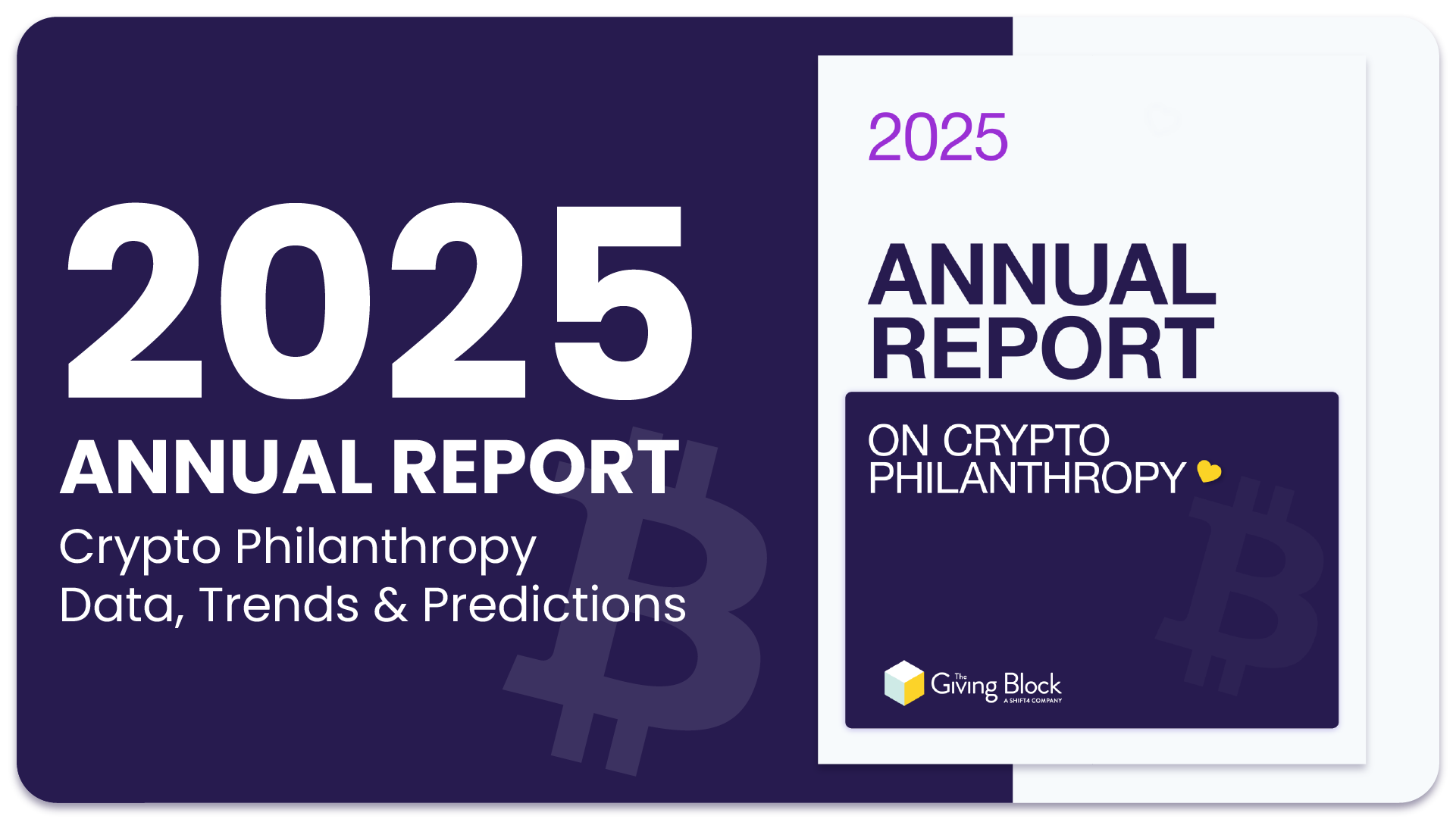Legendary investor Warren Buffett once said, “It takes 20 years to build a reputation and five minutes to ruin it. If you think about that, you’ll do things differently.” Those may be some harsh words, but Mr. Buffett’s point about actions and accountability is a truthful piece of wisdom for the corporate sector.
Like it or not, in the modern business environment, profit margins no longer measure the totality of a company’s success. Metrics like revenue generated and EBITDA margins are essential parts of the equation, of course, but earning a sterling reputation among stakeholders and consumers can be just as difficult as staying out of the red.
While brand reputation has always mattered, since the late 20th century its importance has been elevated to new heights. With the rise of concepts like corporate social responsibility (CSR), key decision makers are taking steps to assess and increase the greater societal impact of their businesses, not just those traditional deliverables such as manufacturing quality products and providing top-notch customer service.
So what is corporate social responsibility, and why does it matter for your company? Discover more about this essential business concept, including the most common types of CSR practices that you can put into action right away.
Corporate Social Responsibility, Defined
Corporate social responsibility (CSR) is a business model that helps companies integrate social and ethical concerns into their operations and interactions with stakeholders and the public.
A company that engages in CSR efforts can effectively demonstrate its concerns for the world by making positive contributions toward the environment and or other elements that impact our society. CSR can take many forms, such as philanthropic giving and recycling programs.

What’s the Purpose of Corporate Social Responsibility?
Businesses of all shapes and sizes can launch a CSR initiative, and their specific reasons for doing so may differ drastically. What they all have in common is a desire to do good and provide value to their community, which can be defined in broad or narrow terms.
Roughly 90 percent S&P 500 index companies published sustainability or CSR reports in 2019, so there must be something to it, right?
The Benefits of Corporate Social Responsibility

Because CSR practices are not mandated by law in most countries, companies that make efforts to practice good corporate citizenship are essentially volunteering to give back. As a result, CSR programs can be a powerful motivator for consumers to support a company that is seen as charitable, altruistic, carbon-neutral, etc.
But there are plenty of other reasons for your company to develop a long-term CSR practice that aren’t directly connected to your bottom-line. From boosting employee morale to generating favorable press opportunities, here are five ways that CSR can pay off:
1. Empowering employees
Low morale and decreased focus at work can be expensive. We’re not talking about small change, either. A Gallup survey estimates that disengaged costs businesses roughly $450-550 billion in productivity.
The good news is that your CSR efforts, including workplace initiatives such as employer donation matches, have a positive impact on employee morale, which in turn can boost output from your teams.
2. Increasing annual revenue
Harvard Business School estimates that 77% of consumers are likely to purchase from companies that have a hand in bettering the world.
Are you willing to ignore the values of a large majority of your potential customers? If not, then consider making a concerted effort to improve society through CSR initiatives.
3. Strengthening your brand
You know what they say, “if a tree falls in the forest…” Your company’s CSR initiatives shouldn’t be glorified publicity stunts, but that doesn’t mean they can’t (or shouldn’t) attract media attention.
On the contrary, you’ll need to share the impact of your CSR program somehow. This could take the form of news stories, a press release, or even a sustainability report.
Whether you’re making a generous contribution to a nonprofit organization or committing to purchasing carbon offsets, these efforts can drastically improve the public’s perception of your business.
4. Helping charities affect change
Most nonprofit organizations rely on individual and corporate donations to operate. Finding a charity partner can help build bridges between your company and the communities where your customers live or offices are located.
Community-based giving can take many forms, including local grant programs for small businesses and year-end donations to food pantries.
5. Improving the world around you
The bottom line is that CSR can be a genuine and thoughtful way to contribute to society. Your company cannot solve our world’s biggest issues alone, but it can go a long way toward helping those in need.
The Four Parts of Corporate Social Responsibility
There are dozens of frameworks that break down the key elements of CSR. Among the most well-known is Carroll’s CSR Pyramid, initially published in 1991, building off of an earlier four-part definition of CSR.
This pyramid, similar to Maslow’s hierarchy of needs, should be read from the bottom to the top. The lower layers represent something that is essential, while the upper layers are desirable but not considered absolutely necessary for existence. As a whole, a company that engages in CSR efforts would have fulfilled all of the four parts.
The Pyramid of Corporate Social Responsibility

1. Philanthropic Responsibility
Companies should act as good corporate citizens.
2. Ethical Responsibility
Companies should act ethically by doing what is just and fair.
3. Legal Responsibility
Companies, like citizens, should follow the laws and regulations set by the government.
4. Economic Responsibility
Companies, in order to sustain themselves, need to be profitable entities.
Examples of CSR
It may be tempting to dismiss CSR initiatives as a tactic for boosting your brand’s credibility, but there are countless companies proving that corporate citizenship can be genuine—and impactful.
Ben & Jerry’s
Since its founding in the 1970s, Ben & Jerry’s has advocated for more than its unique varieties of ice cream. The Vermont-based company has spoken out for numerous causes, including voter rights, climate justice and LGBTQ+ rights. It also invests in relationships with black-owned suppliers.
Salesforce
Salesforce is a stand-out example of a company that makes a measurable impact through its CSR initiatives. Its Future Ready Leaders program helped increase grades and reduce repeat rates among students in Oakland, California.
Patagonia
Many clothing brands like Patagonia are concerned with the environmental impact of their manufacturing processes. As a leader in CSR, Patagonia has developed several fair trade and organic certification standards to minimize its footprint and improve the lives of workers it employs.

Make CSR Your Business
According to numerous studies, corporate social responsibility is good business. Are you looking to do more for your employees, customers, and the world around you?
Start a collaboration that makes an impact. The Giving Block can connect your business with more than 2,000 charities. Bring your company’s CSR vision to life with us.




















